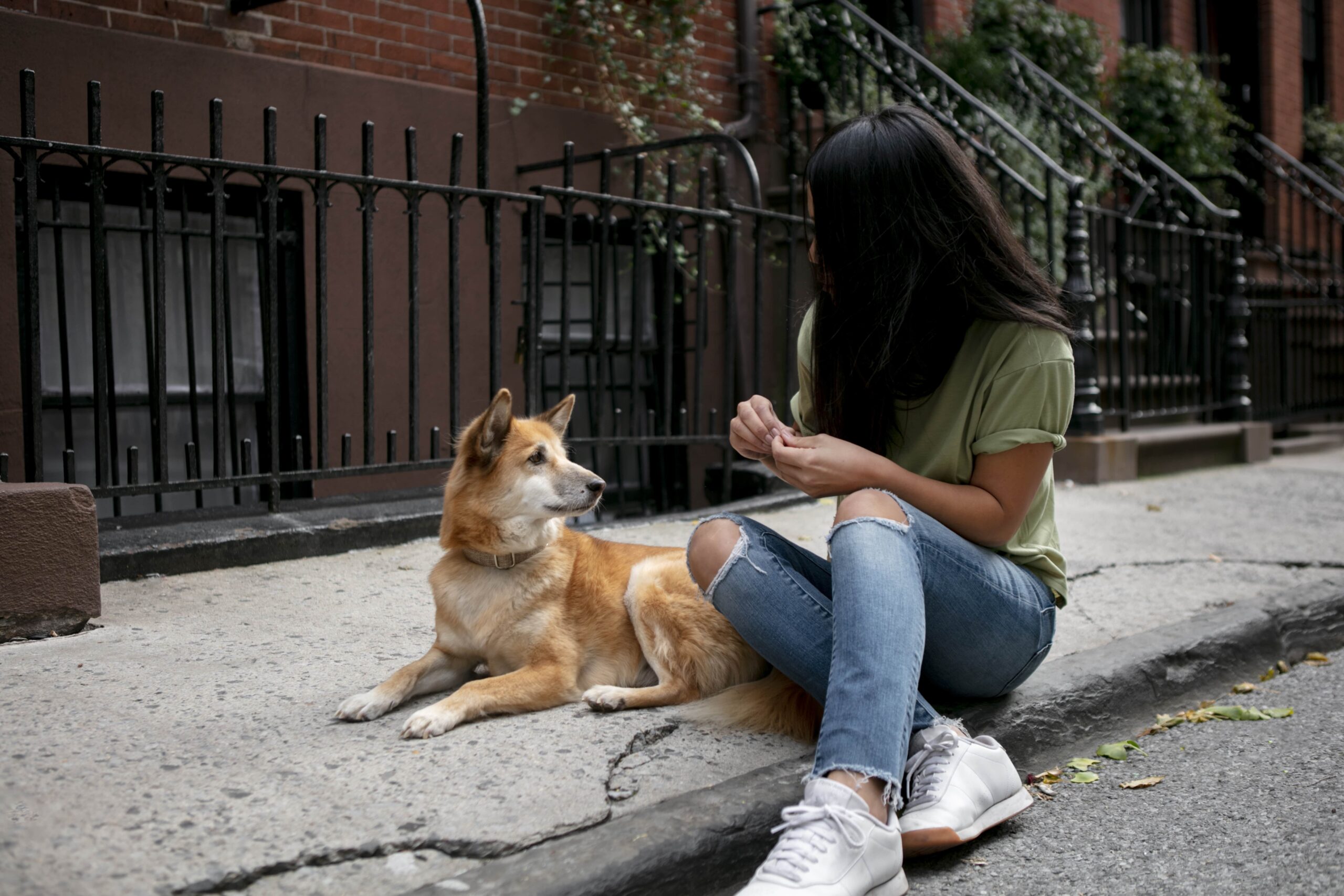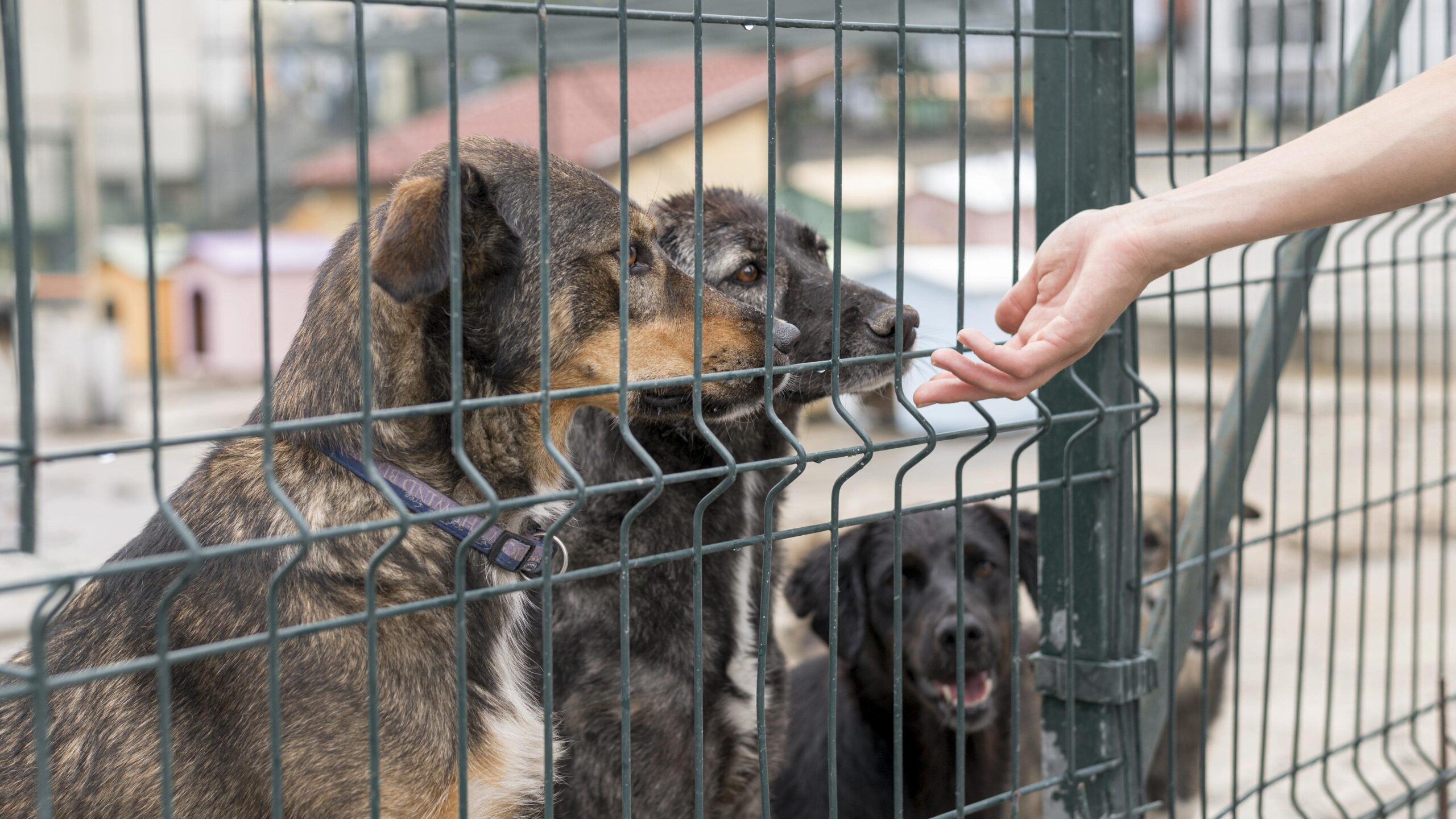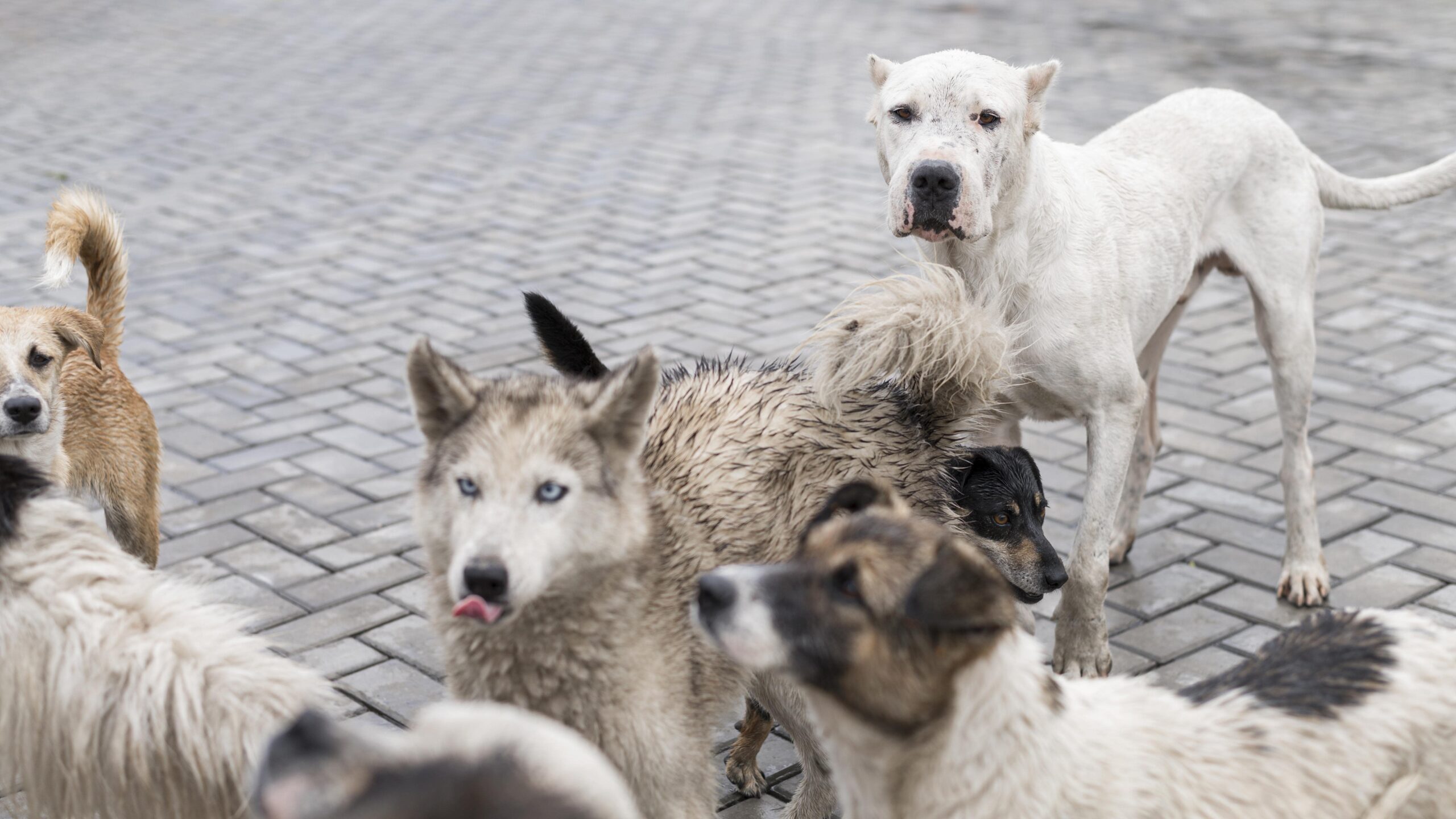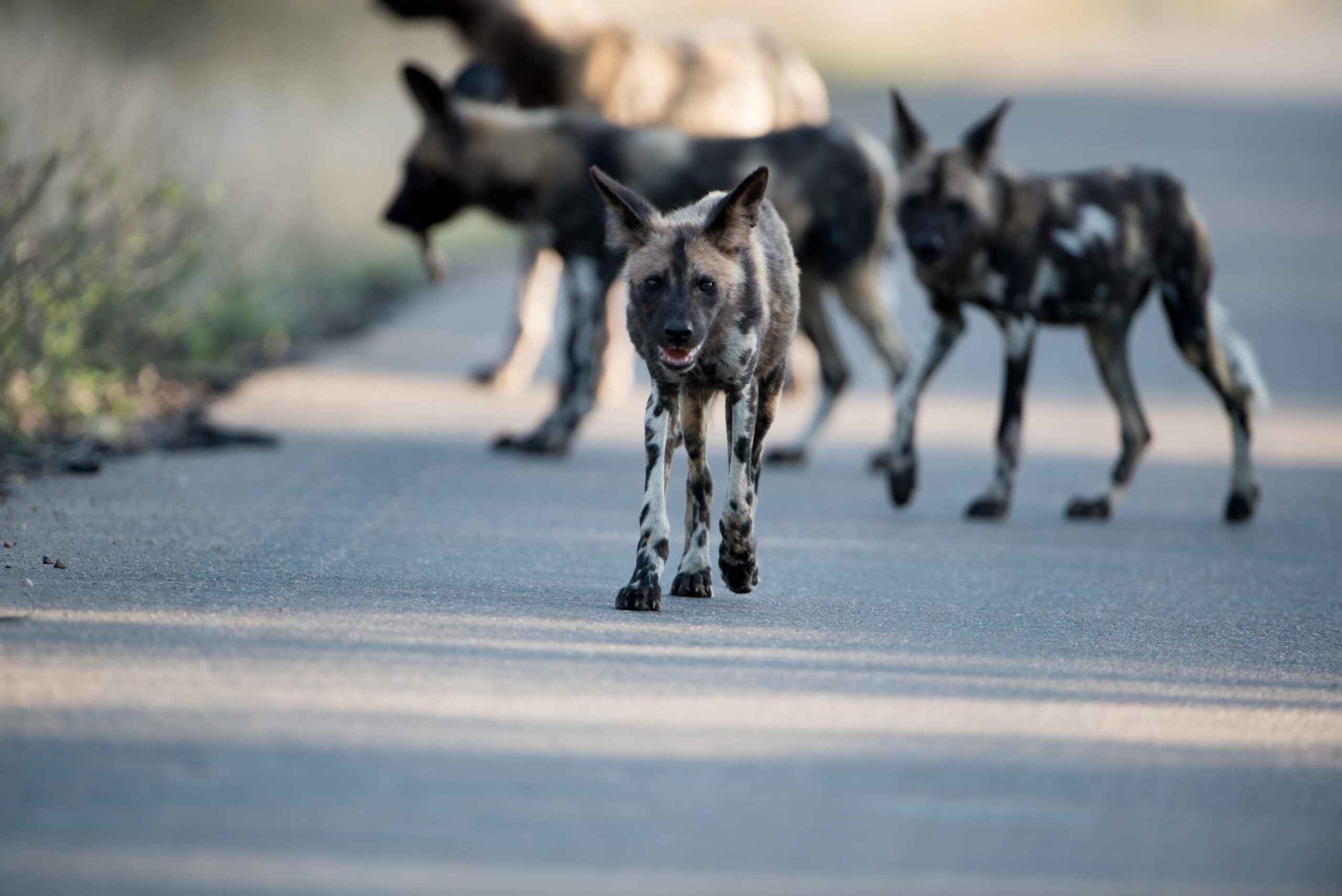Supreme Court Defines New Rules for Stray Dogs Regulation
The Supreme Court of India has taken another significant step toward solving one of the nation’s major civic concerns, the Stray Dogs Regulation and their control.
On Monday, the apex court announced that it will soon issue an order to manage and regulate the feeding of stray dogs in government office premises.

This move will help maintain a balance between public safety, hygiene, and compassion for animals. These issues are important to both citizens and animal lovers across India.
Understanding the Court’s Observation
The observation was made by a bench of Justices Vikram Nath, Sandeep Mehta, and NV Anjaria in a recent hearing. Justice Vikram Nath stated that the Court would issue a final directive within a couple of days, namely, those cases in whereby employees of government offices have been feeding and befriending the stray dogs within the governmental facility.
As much as this might seem limiting to others, this is not what the Court intends to do to prevent any feeding, but to control it. What the Court highlighted is that one must not feed in places other than where permitted and safe, and that it should not interfere with workplaces or distort the hygiene of the people.
What the Supreme Court Said
The Supreme Court made it clear that the next order is the order of introducing order and safety, rather than an order of punishing compassion. The bench indicated that unregulated feeding is likely to cause confusion, safety issues and workplace chaos.
In an attempt to balance the animal welfare and the safety of humans, the Court does not discriminate by restricting the animal welfare but rather by making them responsible.

Here’s what the new order aims to establish:
- Government offices will now regulate the feeding of stray dogs within their premises.
- Employees who feed stray dogs must follow specific guidelines.
- Maintaining hygiene and safety in government buildings will remain a top priority.
- The strategy will be based on balance – promoting benevolence but with responsibility.
It is a milestone in a long-running controversy in India over the issue of stray dog control; to balance between humanitarianism and law and order.
Other Key Developments in Court
At the same hearing, various important updates were presented, and they demonstrate that the Supreme Court approached the issue in a comprehensive manner.
Chief Secretaries’ Compliance
The Court called upon all Chief Secretaries of States and Union Territories, as they had failed to send their compliance affidavits under the Animal Birth Control (ABC) Rules. According to the bench, the majority of the states have already submitted the required reports, and they are now cooperating much better with the previous Court orders.
Warning Issued
The Chief Secretaries were excused from present hearings but told that they would face another hearing in case they did not adopt additional directions.
Animal Welfare Board of India Added
The Supreme Court has now added the Animal Welfare Board of India (AWBI) as a respondent in this case. This inclusion ensures that animal welfare experts will guide future regulations and actions, marking an important step toward humane stray management.

Relief for Dog Bite Victims
The Supreme Court, in a mercy action, also admitted victims of dog bites into the case without paying any amount. Earlier, people and non-governmental organizations promoting dog welfare had to pay a deposit in terms of money, 25,000 and 2 lakh, respectively. This is no longer applicable to victims, as they are acknowledged to play a special role in this.
Background of the Case
The problem can be traced back to July 2025, when the Supreme Court assumed suo motu cognisance over an article published in the Times of India, under the headline In a city hounded by strays, kids pay price. The report pointed out the increasing number of stray dog attacks and rabies in the urban centers.
Following this, the Court issued several directions:
- Delhi, Noida, Gurugram and Ghaziabad need to remove stray dogs and take them to shelters.
- Local authorities must expand Animal Birth Control (ABC) programs to control the growing stray population.
- The Court also warned citizens and non-governmental organizations not to interfere with municipal initiatives for stray control.
These actions were intended to safeguard both animals and humans; however, they were not implemented uniformly in all states, which is why further legal action was taken.
The Road Ahead
The Supreme Court’s upcoming order could become a turning point in how India treats stray dogs.
Rather than viewing it as a law and order issue, the Court is focusing on responsible feeding, humane treatment, and community cooperation.

By involving state authorities and the Animal Welfare Board, the Court aims to ensure:
- Cruelty-free and humane care of animals
- Sanitary and hygienic open areas.
- Collective responsibility among the citizens, government agencies and animal welfare organizations.
This method indicates a considerate solution to compassion and social order – it is better to be nice to animals and, at the same time, to be careful and orderly.
What This Means for Pet Parents and Animal Lovers
For pet parents and animal lovers, this move is not a restriction but a step toward responsible compassion. Caring for animals is a vital act of kindness. However, it must also include safety, awareness, and responsibility.
Pet parents can contribute positively by:
- Funding Animal Birth Control (ABC) programs within their communities.
- Keeping pets healthy, inoculated and trim.
- Teaching people safe and hygienic feeding habits.
- Reports on injured or sick stray animals should be reported to the local authorities or NGOs to assist.
The pet culture in India has a significant contribution to the ways in which the nation treats its animals. The verdict made by the Supreme Court is our appeal to everyone to show kindness and make it more organized, secure, and sustainable.
At Petsfolio, Compassion Meets Responsibility
At Petsfolio, it is our philosophy that all animals merit love, protection, and care, at home or in the streets. In our professional pet care, training and adoption services, we assist in humane animal welfare and responsible parenthood of pets.
As India moves toward a more balanced strategy for Stray Dogs Regulation, Petsfolio stands with pet parents and animal lovers.
Together, they aim to create change in the world, responsibly and humanely.
For more guidance on pet care and community animal support, visit Petsfolio.com or connect with our experts today.
Send us a Message
Enjoy this post?
Check out some more great articles and other content.
Indigenous Dog Training in India marks a proud step toward self-reliance, as the nati...
Read The ArticleSensory dog training focuses on teaching blind and deaf dogs to understand commands u...
Read The ArticleIt’s a question that quietly tugs at the heart; would dogs still love humans if the...
Read The Article
 Download App
Download App Join
Join Support
Support












